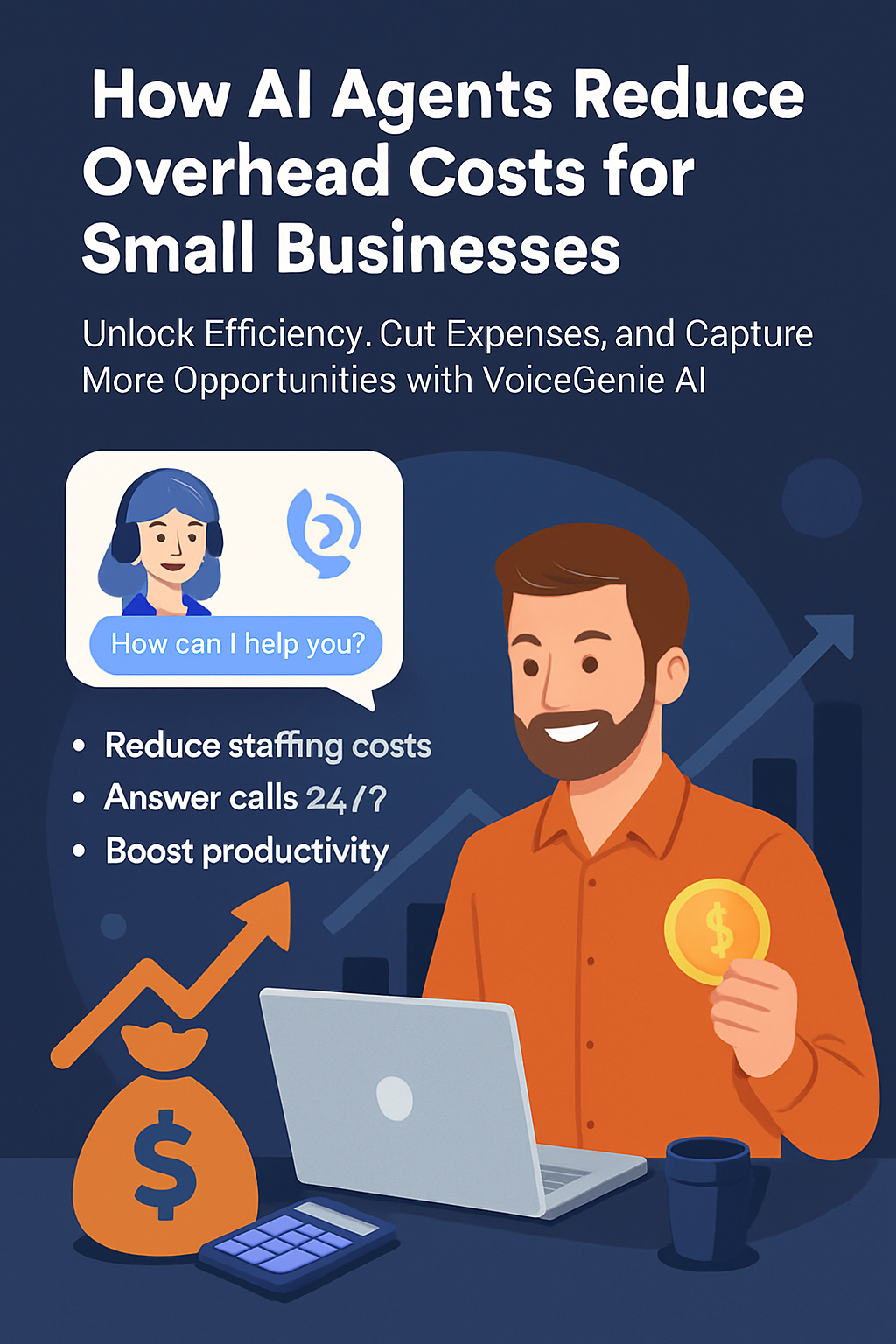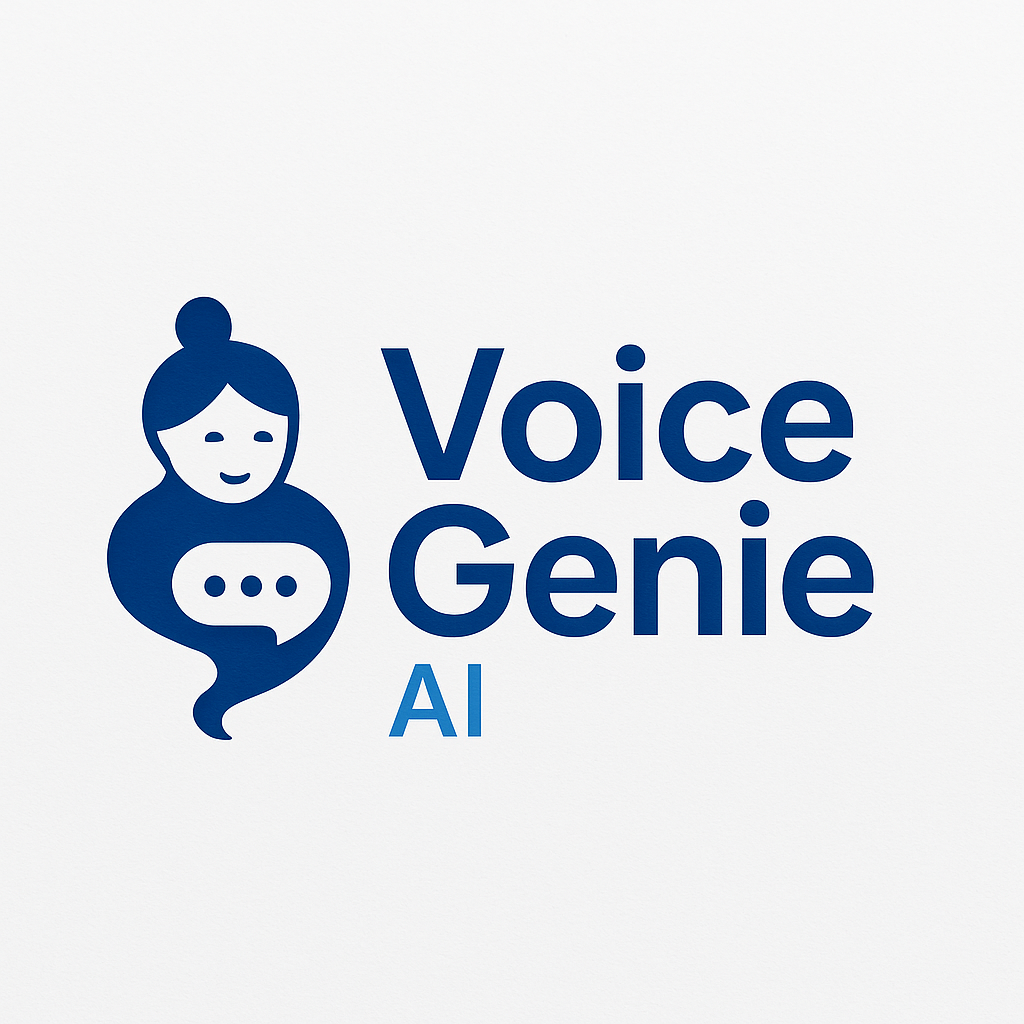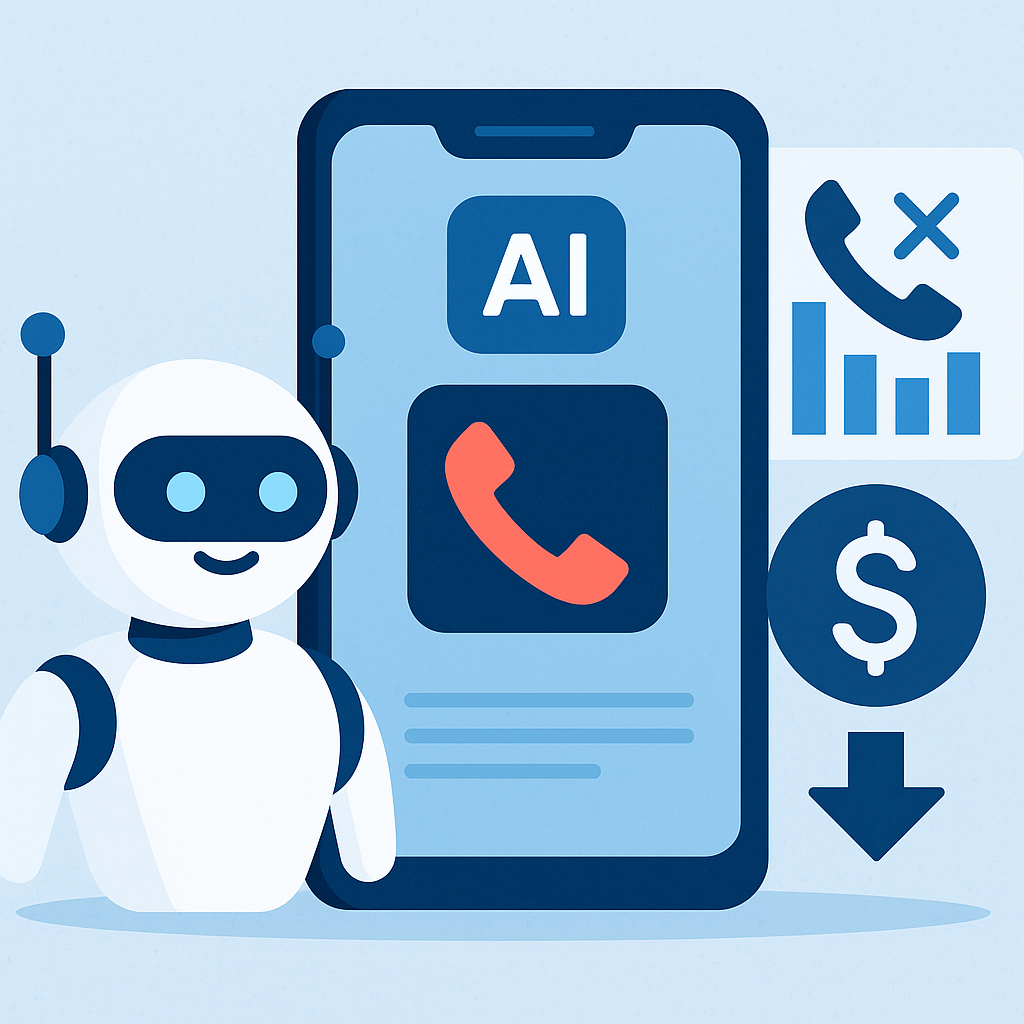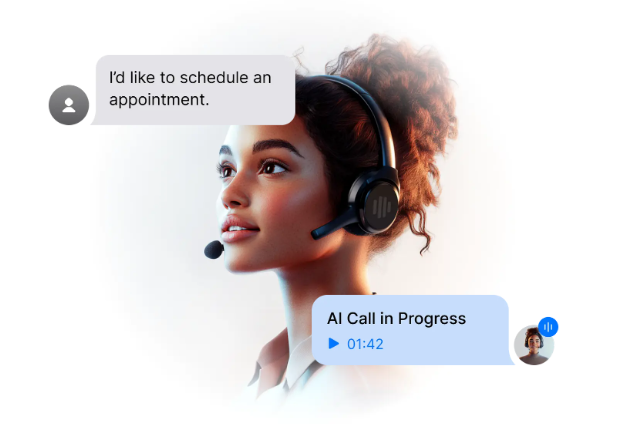Ethical AI in Marketing: Balancing Automation with Human Values
In today's fast-paced world, technology is reshaping industries across the board, with marketing and advertising at the forefront of this transformation. The advent of artificial intelligence (AI) and automation is redefining how companies engage with consumers, enabling businesses to create personalized campaigns that foster growth and enhance consumer connections.
However, as AI technology evolves, it brings with it the potential for ethical dilemmas and challenges. It is vital for companies to acknowledge these risks and proactively develop strategies to prevent ethical breaches that could compromise organizational values and erode consumer trust.
1. Data Privacy and Security
AI-powered marketing strategies heavily rely on data to analyze and understand consumer behaviors and preferences, facilitating personalized marketing efforts. Nevertheless, this data often includes personal and sensitive information, posing significant risks if misused or breached. Such incidents can harm consumers and tarnish the brand's reputation.
Professional services firms must implement strict data governance policies, ensuring compliance with regulations and best industry practices. Strategies include data anonymization, encryption, and regular security audits to safeguard consumer information.
2. Bias and Discrimination
AI algorithms are trained on datasets that, if biased, can lead to discriminatory marketing practices. An AI model may inadvertently produce content based on stereotypes, thus requiring companies to establish processes whereby humans review AI outputs to prevent such occurrences.
3. Transparency
AI excels at linking consumer behavior to relevant products or services, but it often does so with minimal consumer awareness. This can lead to privacy concerns and distrust. To mitigate this, marketing teams should prioritize transparency, ensuring consumers understand data usage and consent prior to data collection.
At our agency, we openly communicate our AI policies both online and when engaging with clients.
4. Manipulation and Consumer Autonomy
The primary goal of advertising is to motivate consumer purchases, but ethical lines must not be crossed. AI’s persuasive abilities can exploit consumer vulnerabilities, potentially pushing impulsive or harmful buying decisions. Thus, companies should establish guidelines preventing manipulative practices, focusing instead on consumer empowerment through education.
5. Deepfakes and Misinformation
AI's capability to create realistic yet false content, or deepfakes, raises concerns about misinformation and false advertising. Firms need to impose strict content creation guidelines, ensuring verification processes are in place to identify and prevent the use of deepfakes, and labeling AI-generated content clearly for transparency.
AI holds immense potential for revolutionizing marketing with unmatched insights and personalization capabilities. However, these advancements bring ethical considerations that cannot be ignored. By developing robust guidelines and evaluating AI deployment critically, firms can leverage AI's power while maintaining consumer trust and ethical integrity. In a world where every interaction shapes perceptions, responsible AI use is essential.










